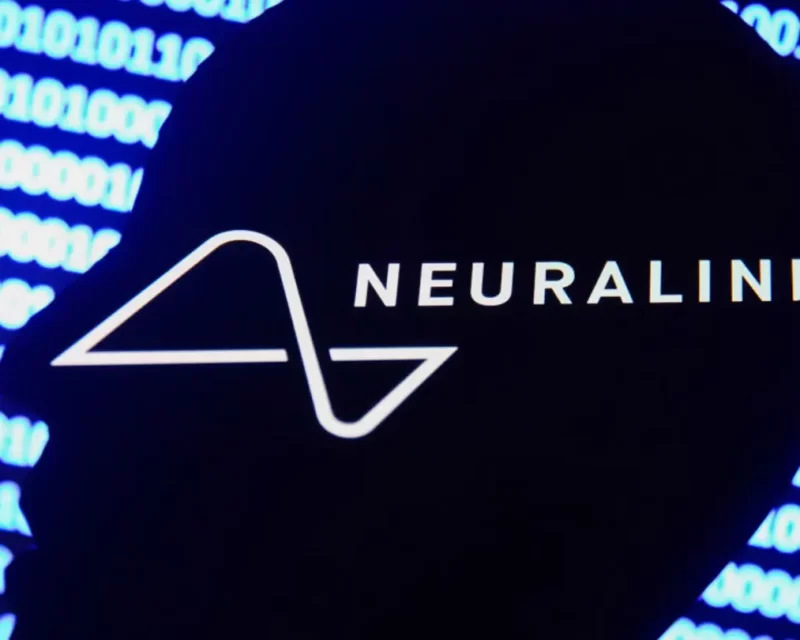Neuralink Prepares for Groundbreaking Human Trials of Brain-Computer Interface
Elon Musk, the billionaire CEO of Neuralink, announced on Wednesday that the groundbreaking moment is at hand as his company prepares to test its revolutionary cybernetic implant on a human patient. Neuralink revealed in a blog post that they are now accepting applicants for the inaugural clinical trial of their wireless brain-computer interface (BCI) in humans. Named the Precise Robotically Implanted Brain-Computer Interface (PRIME) study, it aims to assess the safety and functionality of Neuralink’s implant (N1) and surgical robot (R1) while determining if the device can enable paralyzed individuals to control external devices using their thoughts.
Musk took to X, the social media platform he co-founded, to share the exciting news, stating, “The first human patient will soon receive a Neuralink device. This ultimately has the potential to restore full body movement.”
In a broader perspective, Musk articulated Neuralink’s long-term aspirations, saying, “In the long term, Neuralink hopes to play a role in AI risk civilizational risk reduction by improving human to AI (and human to human) bandwidth by several orders of magnitude. Imagine if Stephen Hawking had had this.”
The late Stephen Hawking, a renowned theoretical physicist, battled Lou Gehrig’s disease, a debilitating condition that led to paralysis. Musk’s vision for Neuralink holds the promise of aiding individuals facing similar challenges.
Neuralink achieved a significant milestone in May when it received approval from the Food and Drug Administration (FDA) to proceed with human trials for brain implants. This achievement followed several years of seeking approval, including an application rejection in early 2022. Since then, Neuralink has diligently addressed the FDA’s safety concerns, paving the way for a study under the investigational device exemption (IDE) granted by the FDA.
During the PRIME study, the R1 Robot will surgically implant the N1 Implant’s ultra-fine and flexible threads into a region of the brain responsible for controlling movement intention. Once in place, the N1 Implant, designed to be cosmetically invisible, will record and transmit brain signals wirelessly to an app that interprets movement intention. The initial goal of Neuralink’s BCI is to empower people to control a computer cursor or keyboard solely with their thoughts.
Neuralink expressed the significance of this study, stating that it “represents an important step in our mission to create a generalized brain interface to restore autonomy to those with unmet medical needs.” Individuals who suffer from quadriplegia due to cervical spinal cord injury or amyotrophic lateral sclerosis (ALS) may qualify to participate in this groundbreaking research.
Elon Musk initiated Neuralink in 2016 with a profound vision: to develop a brain chip capable of enabling the human brain to control intricate electronic devices, ultimately offering individuals with paralysis a path to regain motor function. If successful, this technology would merge artificial intelligence with human capabilities through the use of a brain chip. Musk’s hope is that this innovation will provide solutions for brain diseases like Parkinson’s, dementia, and Alzheimer’s.
As Neuralink embarks on this historic journey towards the future of neurotechnology, the world eagerly watches with anticipation, holding its collective breath for the possibilities that lie ahead.






